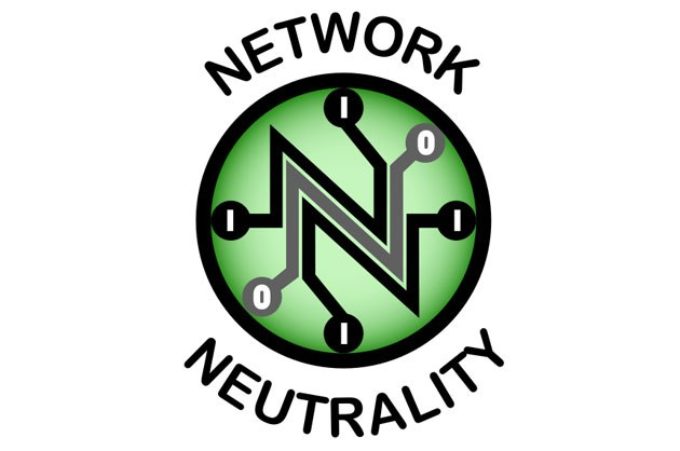
The FCC’s Net Neutrality Rules on Protecting and Promoting Open Internet
By Shuli Wang – Edited by Yaping Zhang
THE FCC 15-24 REPORT AND ORDER ON REMAND, DECLARATORY RULING, AND ORDER
Two weeks after voting on regulating broadband Internet service as a public utility, on March 12, the Federal Communications Commission (”FCC”) released a document (the FCC Order and Rules) on net neutrality, which reclassifies high-speed Internet as a telecommunications service rather than an information service, thus subjecting Internet service providers (ISPs) as common carrier to regulations under Title II of the Communications Act of 1934. This allows the FCC to oversee potential discriminatory practices with regard to internet traffic. The purpose of the new rules is to ensure the free flow of bits through the web without paid-for priority lanes and blocking or throttling of any web content.
In addition to prohibiting blocking, throttling and paid prioritization of Internet traffic, the 313-page document details regulations and exceptions of protecting and promoting open internet. The FCC also reserves the power to decide many critical questions on a case-by-case basis. The release of the rules is appreciated by advocates for listening to Internet users and acting to protect the Internet from unfair discrimination by mobile and wireline ISPs. Moreover, according to a publication by Electronic Frontier Foundation, the FCC is credited for having adopted a positive approach with proper legal authority, bright-line protection, and forborn from the provisions that not necessarily protect net neutrality. Three Democratic commissioners who voted for the order expressed that: “today, broadband Internet access service is fundamentally understood by customers as a transmission platform through which consumers can access third-party content, applications, and services of their choosing”. Tom Wheeler, the chairman of the FCC, said: “We have created a playing field where there are known rules, and the FCC will sit there as a referee and will throw the flag.”
As to the substance of the new rules, James B. Speta, a law professor at Northwestern University specializing in telecommunications and Internet policy, commented that the new order does not have obvious legal vulnerabilities. Instead, “courts don’t usually get in the business of second-guessing an agency’s policy”, Prof. Speta said, “they’re focused on whether the agency has authority, and I think they’re on firm footing.
However, not everyone at the FCC believes that the new rules are within the law. The FCC Commissioner Ajit Pai answered with a resounding “no” to the question whether the FCC has the legal authority to make such a sweeping change in its definition of the Internet. Another commissioner Michael O’Rielly insisted that the FCC had not proved why the new rules were required, and he questioned whether rate regulation might happen in the future. Moreover, some Republican lawmakers were going to continue pushing legislation to limit the FCC’s authority. “If there are net neutrality rules, it’s something to be done by Congress, not the FCC,” Representative Marsha Blackburn, the Tennessee Republican who proposed the “Internet Freedom Act” bill to undo the new rules on net neutrality, said in an interview.
A publication by NYTimes anticipates that the reactions to the new rules will differ between Internet companies and ISPs. The release of the rules is supported by many major Internet companies, start-ups and public interest groups. Michael Beckerman - president of the Internet Association that includes Google, Facebook and smaller online companies - characterized the vote as “a welcome step in our effort to create strong, enforceable net neutrality rules”. On the contrary, since the new rules prohibit ISPs from tolling privilege traffic, opponents of the new rules led by cable television and telecommunications companies concerned that adopting the Title II approach opens the door to bureaucratic interference with business decisions. Such a result, as they argue, disincentivizes investment and innovation, thus raises prices and hurts consumers. What net neutrality rules mean for consumers can also be found at Rd/code.
Overall, the FCC’s new order signifies a great step for net neutrality despite the risk of overreach and uncertainty. However, it remains uncertain when and how it will go into effect. The new rules are expected to take effect two months after publication in the Federal Register, and they may well have a long way to go.
Shuli Wang is a Visiting Researcher at Harvard Law School, and a Ph.D. Candidate at Tsinghua University in China.